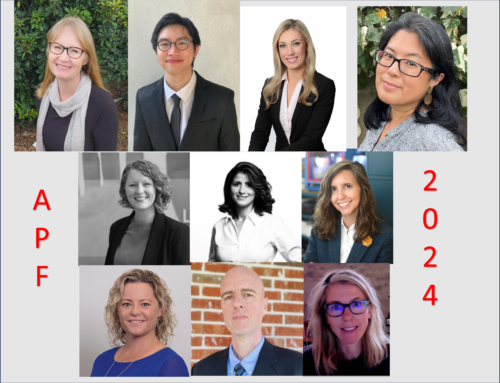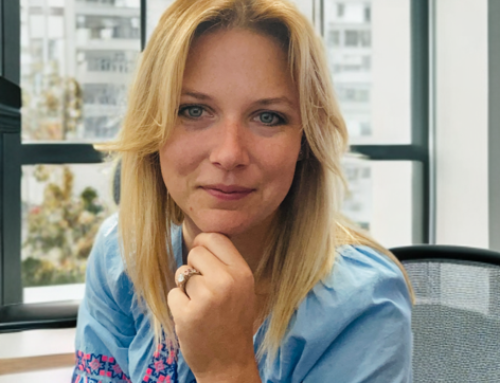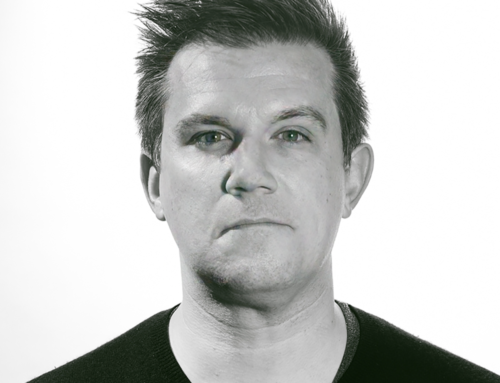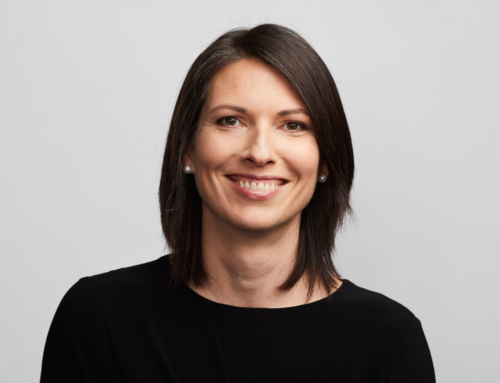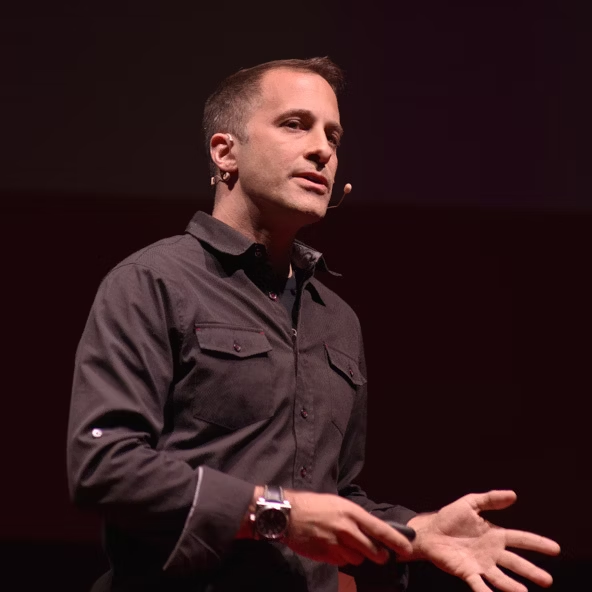 Ready or not, the future is coming. And it’s coming with such rapidity that those not ready for it may soon find themselves struggling for how to navigate and respond to emerging change. Readiness for change isn’t simply a matter of responding to it as the anticipated future unfolds but being actively engaged in managing it so as to bring about a desired future.
Ready or not, the future is coming. And it’s coming with such rapidity that those not ready for it may soon find themselves struggling for how to navigate and respond to emerging change. Readiness for change isn’t simply a matter of responding to it as the anticipated future unfolds but being actively engaged in managing it so as to bring about a desired future.
Not only is it possible to bring about a desired future, each of us should work daily towards having a responsible influence on the future. We can responsibly influence change in such a way that we help bring about the future good and betterment of and for ourselves and the world, including the natural environment. Responsible influence on the future involves foresight, systematically mapping the futures landscape of an issue of concern, and positively impacting the decisions of key decision-makers.
My community development work in Burkina Faso provides an illustration of how I have worked to responsibly influence the future of the Burkinabé people, starting with foresight. Foresight involves both critical thinking and forward thinking. Critical thinking is the process of exploring an issue or situation, problem or question and integrating all of the information discovered so as to arrive at a hypothesis or assumption that we want to investigate. Forward thinking is the capacity to think proactively about the future so as to identify opportunities to influence the future.
I engaged in foresight to investigate an assumption that poverty is multidimensional. Using the International Futures (IFs) tool to create a causal loop diagram of poverty enabled me to visualize this assumption. Poverty in developing or low-income countries is a system that is caused and perpetuated by the impact of changes in different driving forces on other driving forces. Reducing or eradicating poverty, in achievement of the Sustainable Development Goals (SDGs) or formerly, the Millennium Development Goals (MDGs), requires a multidimensional approach/solution.
 Having confirmed that poverty is multidimensional, I systematically mapped the futures landscape of poverty in Burkina. My research involved a 30-year historical analysis of issues and events that may have contributed to poverty in the country, a current assessment of Burkina’s present-day situation, and an analysis of trends relative to the identified driving forces. I used this information to forecast a baseline future for Burkina, going forward 30 years, similar to what the Pardee Center for International Futures has forecasted.
Having confirmed that poverty is multidimensional, I systematically mapped the futures landscape of poverty in Burkina. My research involved a 30-year historical analysis of issues and events that may have contributed to poverty in the country, a current assessment of Burkina’s present-day situation, and an analysis of trends relative to the identified driving forces. I used this information to forecast a baseline future for Burkina, going forward 30 years, similar to what the Pardee Center for International Futures has forecasted.
Next, I scanned for signals of emerging change, including weak signals, that might impact Burkina’s future, and then conducted a deep dive as to how key uncertainties might play out in the future, given changes in any of the driving forces. I used information from scanning and other foresight activities to forecast creative yet plausible alternative futures for Burkina in 2040, including a scenario of long-term sustainability and transformation.
To help influence a more desirable future for Burkina that characterizes long-term sustainability and transformation, I identified an opportunity to work with small farmers using permaculture and rainwater harvesting principles. Small farmers are the key decision-makers in the country when it comes to food production, as agriculture is Burkina’s main industry. Permaculture, a design system for creating sustainable environments, has proven to be the best fit for addressing poverty in Burkina using a multidimensional approach in a way that demonstrates responsible ethics with respect to the earth, to others, and to the future.
Since coming alongside of and training Burkinabé farmers in permaculture, many have begun to experience transformed farmlands and lives. As well, some have worked themselves out of poverty. This vision, a future image characterized by betterment, is one that they are casting to their children and future generations.
Is it possible to be ready for the future that is coming? Yes; not by waiting for and responding to change as it happens, but by actively managing change through responsible influence on the future, so as to bring about the future that is desired. —Kimberly Daniels
Photo of globe of the future: https://www.ecommercetimes.com/story/84275.html
Photo of Burkinabé farmer: taken by Kimberly Daniels

